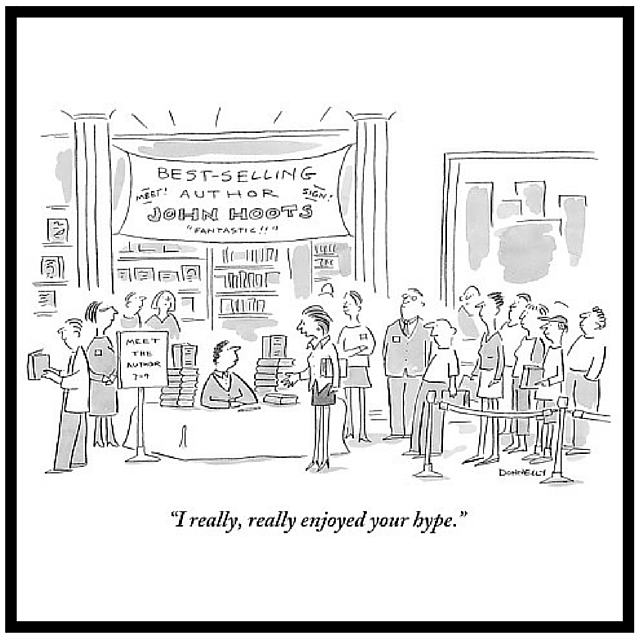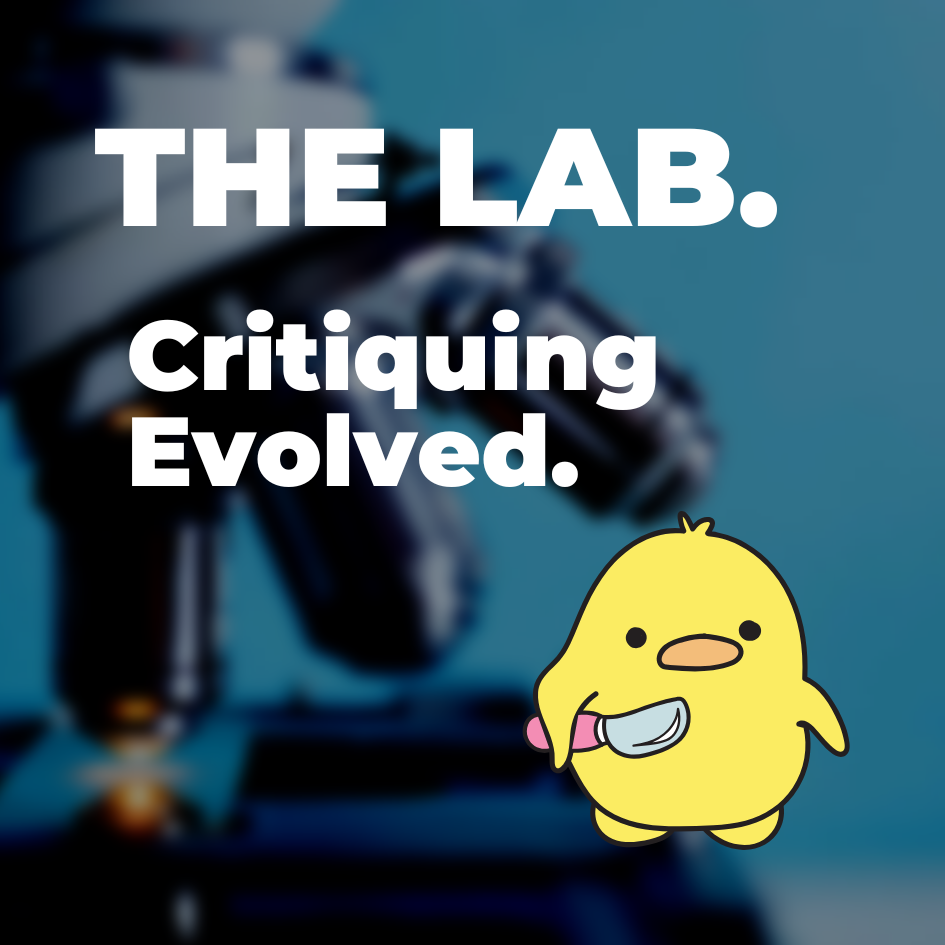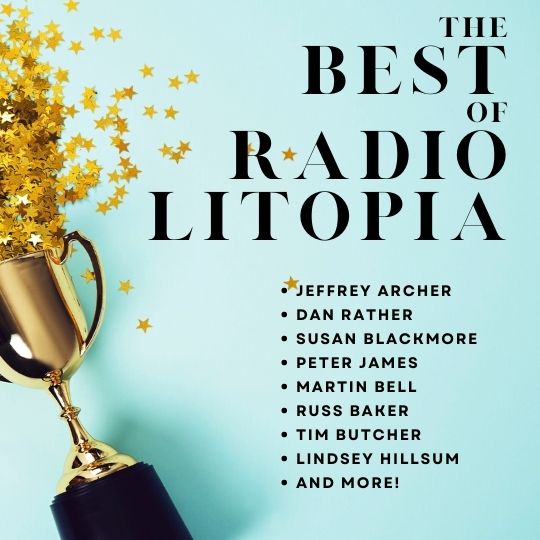Paul Whybrow
Full Member
The commercial side of publishing takes a good while for a fresh writer to come to terms with—and, even then, you'll never fully understand it.
It's easy when starting out to focus on the technique of writing to create an engrossing story. Then, your book written, there's the stinking swamp of editing, when you start to doubt your intelligence and it feels like you're never going to leave this gloomy place as missing and repeated words and punctuation howlers crowd around you.
Manuscript polished, to the best of your abilities, there comes the thorny problem of how to sell the damned thing! You know how wonderful it is, but how do you persuade others to even take a look? You become a supplicant, crawling over broken glass to the tradesman's entrance of literary agents' castles.
Maybe you try self-publishing, uploading your precious novel onto Smashwords and Amazon to join millions of others, including famous authors and fellow anonymous writers. Your book disappears like a snowflake in a blizzard.
Slowly, you comprehend that to achieve any success at all, you need to sell yourself too....
You thought that what you were doing in writing a book, was something connected to an intelligent world where readers, critics and other scribes admired you for your skills in narration and plotting. You naively believed that the quality of your manuscript would sell itself, with minimal input from you as a personality.
Perhaps you imagined doing the occasional interview, book signing or public appearance at a literary festival—but not often—nothing that would interfere with your writing the next book.
You were wrong. Far from entering the refined and genteel environment of literature by writing a book, instead you've flung yourself into the world of showbusiness, along with unknown actors, musicians, comedians, painters and photgraphers—all of whom are trying to sell themselves and their skills.
For every member of the public who likes what you do, there'll be hundreds who deride your talent or who completely ignore you for no logical reason that you can see.
On with the show....

It's easy when starting out to focus on the technique of writing to create an engrossing story. Then, your book written, there's the stinking swamp of editing, when you start to doubt your intelligence and it feels like you're never going to leave this gloomy place as missing and repeated words and punctuation howlers crowd around you.
Manuscript polished, to the best of your abilities, there comes the thorny problem of how to sell the damned thing! You know how wonderful it is, but how do you persuade others to even take a look? You become a supplicant, crawling over broken glass to the tradesman's entrance of literary agents' castles.
Maybe you try self-publishing, uploading your precious novel onto Smashwords and Amazon to join millions of others, including famous authors and fellow anonymous writers. Your book disappears like a snowflake in a blizzard.
Slowly, you comprehend that to achieve any success at all, you need to sell yourself too....
You thought that what you were doing in writing a book, was something connected to an intelligent world where readers, critics and other scribes admired you for your skills in narration and plotting. You naively believed that the quality of your manuscript would sell itself, with minimal input from you as a personality.
Perhaps you imagined doing the occasional interview, book signing or public appearance at a literary festival—but not often—nothing that would interfere with your writing the next book.
You were wrong. Far from entering the refined and genteel environment of literature by writing a book, instead you've flung yourself into the world of showbusiness, along with unknown actors, musicians, comedians, painters and photgraphers—all of whom are trying to sell themselves and their skills.
For every member of the public who likes what you do, there'll be hundreds who deride your talent or who completely ignore you for no logical reason that you can see.
On with the show....





